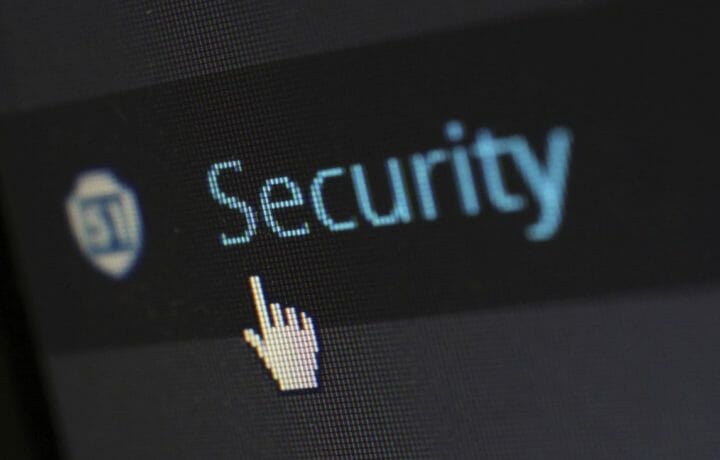Hackers are making their ambitions known with increasingly high-profile attacks and flagrant public admissions of their online exploits. And now two hacker communities, LulSec and Anonymous appear to be teaming up to continue their efforts to infiltrate government websites. Most worrisome, they appear to be moving past harmless break-ins designed to demonstrate poor network defenses and onto Wiki-leaks inspired efforts to disseminate classified information.
A June 19 statement released by LulSec illustrated their efforts in naval warfare terminology, declaring their “Lulz Lizard battle fleet is now declaring immediate and unremitting war on the freedom-snatching moderators of 2011.”
Government agencies aren’t the only targets. The statement noted that banks and “high-ranking establishments” would also among the institutions hackers look to breach.
This rise in network breaches highlights the need for cybersecurity experts and those with the skills to defend computer networks, including certified ethical hackers – people paid to think like hackers and provide companies and government agencies the information they need to keep their systems safe.
“An ethical hacker is nothing more than a computer bodyguard,” said Jay Bavisi, cofounder of the EC-Council. “Ethical hackers are trying their best to determine if a hacker were to attack your network, how they would do it. They’re trying to figure out if they are able to protect your system and if the system has been sufficiently protected. That’s what an ethical hacker is. An ethical hacker is not a person that goes out and picks any Tom, Dick or Harry, or any corporation and without their permission launches an attack and then comes back to you and says we attacked your system and you are vulnerable.”
The EC-Council offers a Certified Ethical Hacker professional certification. There is also a Certified Network Defense Architect, a certificate designed specifically for government agencies and available only to those agencies.



